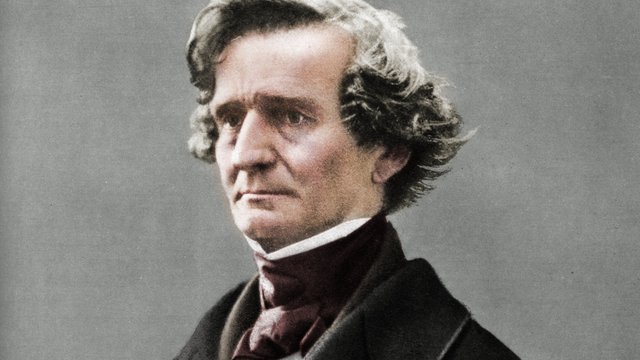Hector Berlioz (1803-1869) was a pioneering French composer and music critic of the Romantic era, known for his innovative compositions and contributions to the orchestral repertoire. Here are ten interesting facts about this influential musical figure:
- Romantic Pioneer:
Berlioz was a key figure in the Romantic movement, which emphasized emotion, individualism, and imagination in contrast to the classical ideals of balance and restraint. His music often reflected the intense emotional and dramatic expressions characteristic of the Romantic period.
- Symphonie Fantastique:
One of Berlioz’s most famous and groundbreaking works is the “Symphonie fantastique,” composed in 1830. This symphony is notable for its programmatic nature, telling the story of an artist’s obsessive love and subsequent descent into madness. It features innovative orchestration and is considered a landmark in the development of the symphonic form.
- Unconventional Orchestration:
Berlioz was renowned for his unconventional orchestration techniques, pushing the boundaries of traditional orchestral sound. He often used massive orchestras and experimented with novel combinations of instruments, contributing significantly to the evolution of orchestration as an art form.
- Music Journalist:
In addition to composing, Berlioz was a prolific music critic. He wrote for various publications, expressing his opinions on music and musicians of his time. His critical writings, collected in volumes like “Evenings in the Orchestra,” provide valuable insights into the musical practices and debates of the 19th century.
- Innovative Choral Works:
Berlioz made significant contributions to choral music with works like “Requiem” and “The Damnation of Faust.” His mastery of orchestration extended to his choral compositions, creating grand and powerful soundscapes that showcased his imaginative approach to both text and music.
- Inspired by Literature:
Berlioz drew inspiration from literature for many of his compositions. His “Symphonie fantastique” was inspired by his infatuation with actress Harriet Smithson and his readings of works by Shakespeare and Goethe. Literature played a crucial role in shaping his musical ideas and narratives.
- Harold in Italy:
Berlioz composed “Harold in Italy,” a symphony with solo viola, inspired by Lord Byron’s “Childe Harold’s Pilgrimage.” Unlike conventional symphonies, the viola takes on the role of the protagonist, representing the character of Harold in a musical journey through the Italian countryside.
- Great Innovator in Opera:
Berlioz was a trailblazer in the realm of opera, challenging operatic conventions with works like “Benvenuto Cellini” and “Les Troyens.” His operas often incorporated innovative orchestral effects, intricate vocal writing, and expansive dramatic structures, cementing his reputation as a revolutionary force in operatic composition.
- Love for Shakespeare:
Berlioz had a profound admiration for Shakespeare, and this is evident in several of his works. He composed a “Dramatic Symphony” based on Shakespeare’s “Romeo and Juliet” and wrote a monodrama titled “Béatrice et Bénédict,” inspired by “Much Ado About Nothing.”
- Legacy and Influence:
Although Berlioz faced challenges and criticism during his lifetime, his innovative contributions to orchestration and his bold approach to musical expression left a lasting impact on later composers. His influence can be heard in the works of composers such as Richard Wagner, Pyotr Ilyich Tchaikovsky, and Claude Debussy, among others. Today, he is celebrated as a visionary composer who pushed the boundaries of musical expression during the Romantic era.


Comments are closed